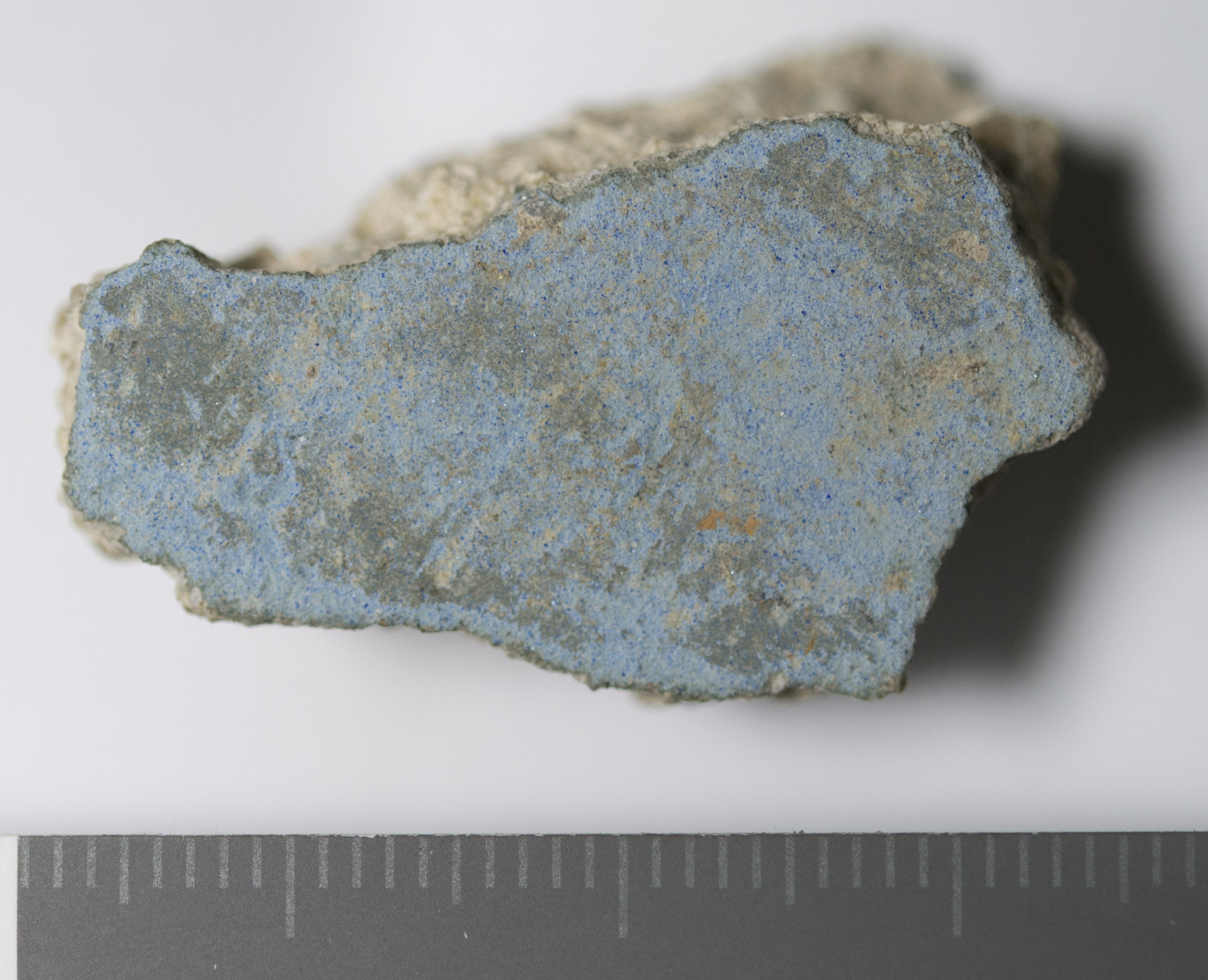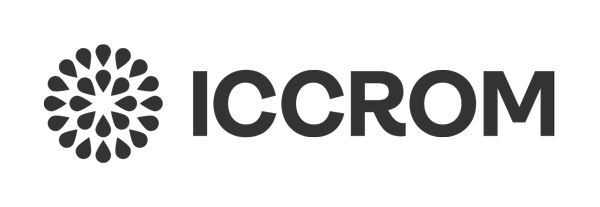Mora Samples Collection Project

However, despite its significance and value, in 2017 staff at ICCROM determined that the Mora sample collection was in urgent need of attention to safeguard its physical assets and associated information. The first and most important step to undertake was to compile a detailed inventory of the sample collection, as a basic means for protecting against loss, and highlighting its significance. In response to an international call for proposals launched by ICCROM, the HERCULES laboratory from Évora University - Portugal was selected to undertake this task.
The Mora sample collection project is the result of a close collaboration between ICCROM and HERCULES laboratory, which began in 2018. The project’s overall objective was to systematically record and describe all the samples, to re-organize, re-house, and create a digital collection catalogue for conservation and research purposes. Three main goals of the project were:
1) DOCUMENT the collection by gathering all available associated information, systematically photographing and compiling an individual documentary record of every sample;
2) SAFEGUARD the collection through undertaking a diagnostic survey of all samples to assess their condition and conservation needs, and to re-organize and re-house the entire collection. The information gathered during this step forms the basis for development of the conservation strategy and protocols governing access to the collection;
3) SHARE the collection through the creation of an open access digital collection catalogue available via ICCROM’s website.
The first phase of the project was carried out between January 2018 and November 2019 by a multi-disciplinary team led by Milene Gil of the HERCULES Laboratory. In December 2019 a second phase of the project was initiated in response to the discovery of a further 250 samples fragments belonging to the Mora collection that had been stored in another location in the ICCROM laboratory in Rome.
Learn more here.
Team members of Project – Phase 1
From HERCULES laboratory:
Milene Gil (Principal Investigator) - Mural Paintings Conservator / Heritage Scientist
António Candeias - Chemist/ Vice-Rector of Évora University
José Saias - Computer Scientist
Luis Rato - Computer Scientist
Manuel Ribeiro - Professional Photographer
Miriam Pressato - Heritage Scientist
Nuno Carriço - Designer
Patrícia Moita - Geologist
Patrícia Monteiro - Art Historian
Sara Valadas - Chemist/Heritage Scientist
Ana Cardoso - Chemical Engineer
Beatriz Alvito - Master Student/Computer Science
Carla Lisci – PhD Student/Geology
Carolina Palma – BA with honor student/Tourism
Cecilia Laurita - Master Student/Archeometry
Chen Xun - BA Student/Heritage Management
Irene Salgado - Erasmus Student/Conservation-Restoration
Mafalda Dias - PhD Student/Geology
Margarida Padeira Nunes - PhD Student/Chemistry
Mariana Nunes - BA with honor student/Patrimony
Yang Zhou - Master Student/Archeometry
Samah khasawneh - Master Student/Archeometry
Silvia Bottura Scardina - Phd Student/Fine Arts
Sima Krtalic - Phd Student/Fine Arts
Sriradha Bhattacharya - PhD Student/Biochemistry
Virgínia Glória Nascimento - PhD Student/Conservation-Restoration
From ICCROM:
Maria Mata Caravaca - Manager, Records and Archives
Alison Heritage - Project Manager, Strategic Planning and Research
Roberto Nahum - Head of Information Systems
The digitization of information and the construction of the underlying database was supported by ICCROM and the HERCULES Laboratory. The Mora project also acknowledges with gratitude the work carried out by many volunteers who generously gave their time and expertise, including the project DB-Heritage PTDC/EPH-PAT/4684/2014.
